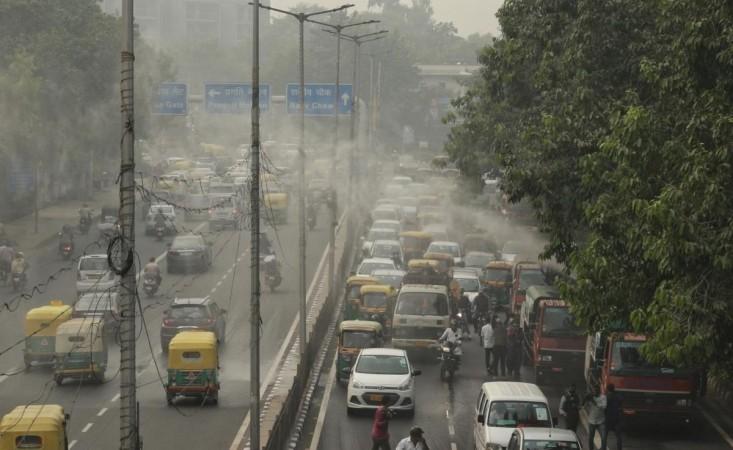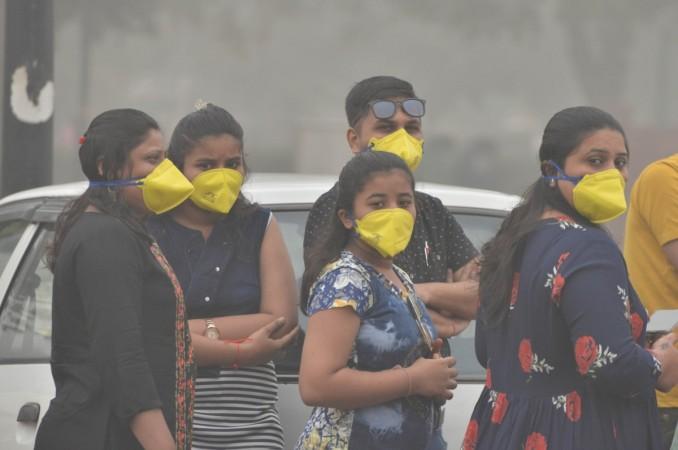While much of the narrative around mitigating air pollution has been centered on New Delhi, there are several other Indian cities as well that require focus now, data released by the Central Pollution Control Board (CPCB) has revealed.
The data shows that among 172 cities, Delhi and Bihar's Katihar had the worst Air Quality Index (AQI) of 372 on Tuesday, November 8.
These cities were followed by Jind with an AQI of 368. Further, Kaithal and Begusarai both reported an AQI of 355, Ludhiana (351), Greater Noida (348), Faridabad (345), Ghaziabad (333), Noida (331) Bhiwani (327), Motihari (324), Kurukshetra (319) and Siwan at 318. Sonipat and Ballabgarh had the same AQI of 311 and Navi Mumbai of 305.

This comes amidst several political tussles regarding the air quality deterioration in Delhi. Recently, Delhi environment minister Gopal Rai appealed to the Chief Ministers of Uttar Pradesh and Haryana to reduce vehicular emissions on the peripheral expressways.
In addition, the Delhi Traffic Police had decided to ensure that trucks, apart from those carrying essential items, do not enter the city.
News agency IANS quoted a senior traffic police official as saying that the Commission for Air Quality Management in National Capital Region and adjoining areas (CAQM) had also earlier implemented stage-IV of the Graded Response Action Plan (GRAP) in Delhi.
"Traffic policemen are deployed on bike patrol teams and mobile prosecution teams in the field to implement the directions of CAQM. Traffic Inspectors are actively participating in prosecuting the violators. The Assistant Commissioners of Police (Traffic) are continuously briefing point staff about the latest directives of CAQM and Transport Department," said the official earlier this week.

"The Deputy Commissioners of Police (Traffic) are also in touch with their counterparts in neighbouring states to ensure cohesive action and they are also continuously monitoring the action taken through surprise visits," the official added.
The government in the national capital had also shut down primary schools in the city. While they have reopened now, no such preventive measures were ever taken in other states, despite high AQIs.
The AQI measures the concentration of PM 2.5 levels -- fine particles of less than 2.5 microns that can enter the bloodstream. According to doctors, the toxins from the pollutants may make children hyper-irritable and raise the risk of stroke for the aged.
"Long-term effects on the brain make the children hyper-irritable. I think it is neuro-inflammation because of the toxins from the pollutants. In elderly people, it increases the risk of stroke by 10 times," Kumar was quoted as saying by ANI.














